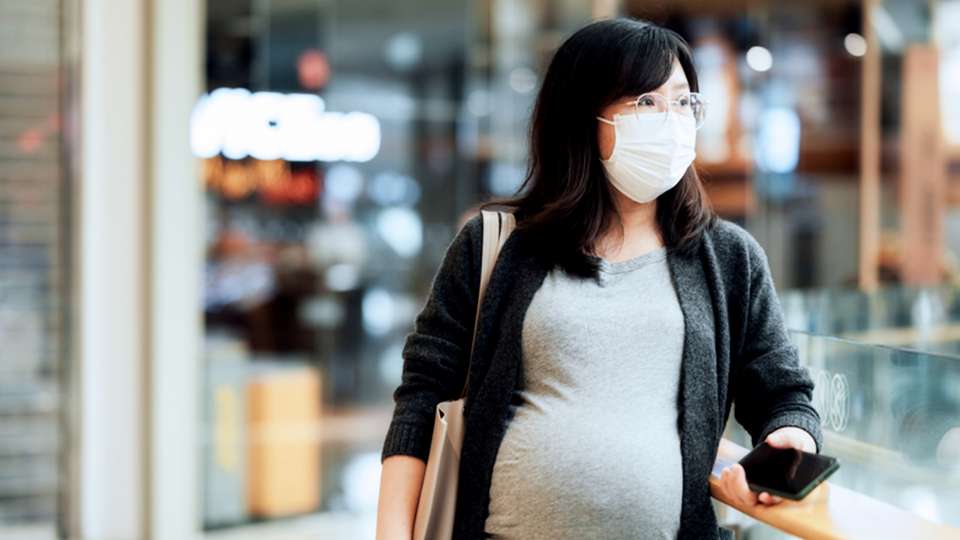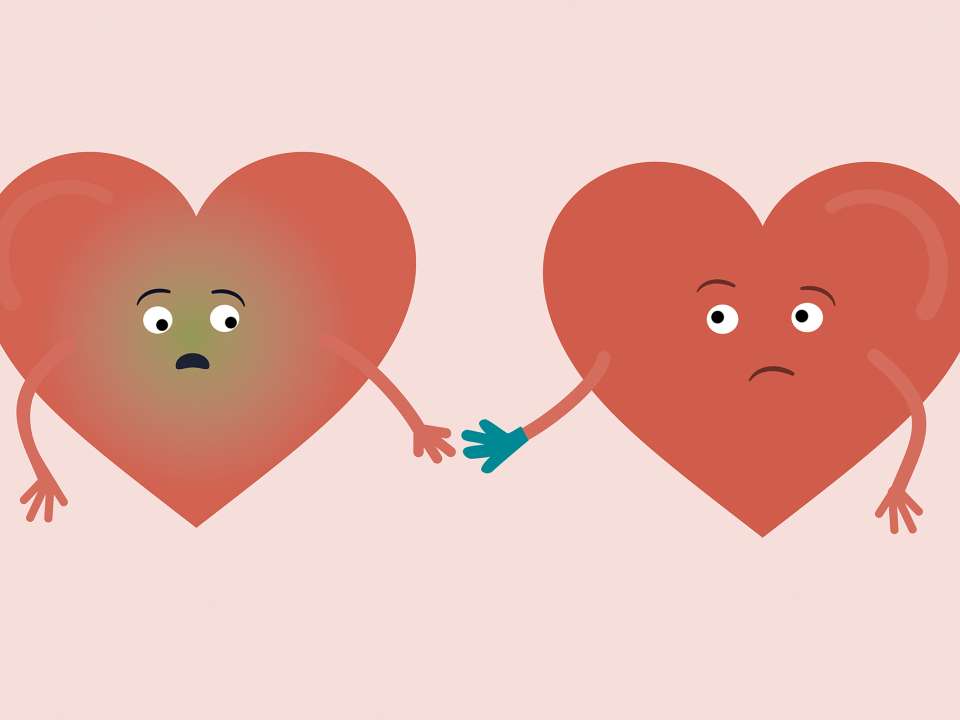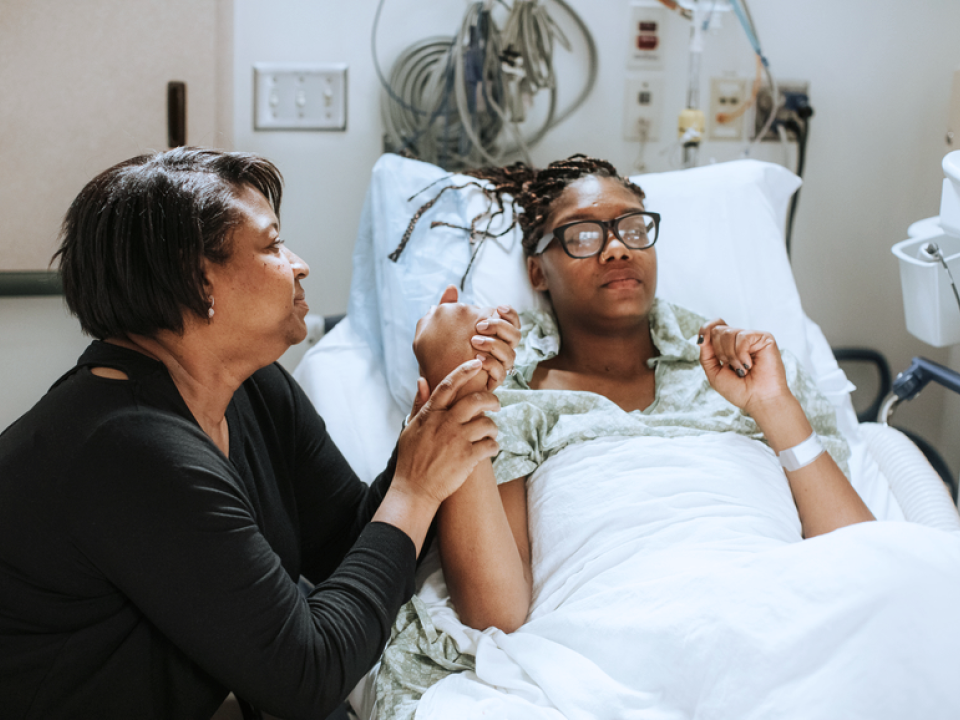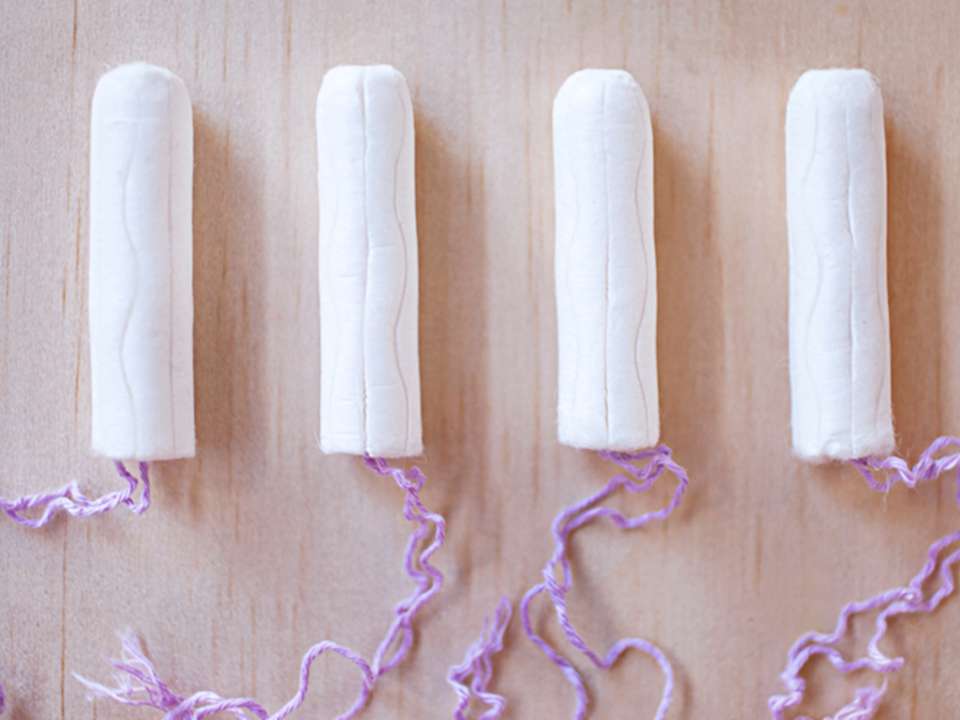
As a soon-to-be parent, you want to do anything you can to keep your baby safe. You’re avoiding alcohol and drugs, swearing off sushi and even cutting back on coffee.
So it’s no wonder you’re worried when it comes to receiving a COVID-19 vaccine — but the good news is you don’t need to be.
In a recent study of more than 17,000 people conducted by UW Medicine — the second largest study of its kind in the U.S. — found the COVID-19 vaccines were well tolerated in pregnant and lactating people as well as people considering getting pregnant.
“Not only is the vaccine safe, our research shows just how well the vaccine is tolerated in pregnant individuals,” says Dr. Linda Eckert, a UW Medicine OB-GYN and the senior author of the study.
Protection from COVID-19? Safe for you and baby? No severe side effects? Sign us up.
Eckert and lead author and OB-GYN Dr. Alisa Kachikis break down the data on COVID-19 vaccine safety for pregnant people — and why now more than ever it’s important to get your dose.
Are COVID-19 vaccines safe for pregnant people and their babies?
Yes, you can rest assured knowing that getting a COVID-19 vaccine is safe for you and your baby.
In fact, the Centers for Disease Control and Prevention (CDC), American College of Obstetricians and Gynecologists, and the Society for Maternal-Fetal Medicine all recommend that pregnant people get vaccinated.
The UW Medicine survey of more than 17,000 pregnant and lactating individuals found these individuals did not experience symptoms any more severe than their nonpregnant counterparts.
What does this mean for you? The COVID-19 vaccine won’t harm your health or risk the health of your baby.
While you might experience mild symptoms like pain at the injection site, a low fever or fatigue, these symptoms will pass in a few days. In return, you are protecting yourself and your baby against a deadly disease.
“We hope that this data will provide another reassuring piece of information about why pregnant individuals need to get vaccinated against COVID-19,” Kachikis says.
Do the COVID-19 vaccines cause infertility or increase the likelihood of miscarriage?
You might still be feeling uneasy about the vaccines because of murmurs and social media posts about the vaccines’ effects on fertility or miscarriage. But it turns out these are myths.
Study after study after study have shown the COVID-19 vaccines do not affect fertility or increase the likelihood of miscarriage — including for couples on IVF. Some of the largest fertility organizations in the U.S. have jointly stated that the COVID-19 vaccines are safe and do not affect fertility, and the CDC found the vaccines do not increase chances of miscarriage.
Eckert’s message to pregnant people: You can be confident the COVID-19 vaccines are safe.
“We have much more assurances of no increased risk of miscarriage,” she says. “The information that we’re gathering is only gaining steam.”
Why is it important to get your COVID-19 vaccine?
Pregnant people have always been at a higher risk of health complications due to COVID-19, but the new delta variant has raised the stakes even more.
“COVID-19 is killing women, and it is putting pregnant women in the hospital at rates we haven’t seen. This new wave is really serious. And all of us who are caring for pregnant women right now have the utmost concern,” Eckert says.
She explains getting sick with COVID-19 while pregnant increases your risk of preterm labor, needing a ventilator and death. And the delta variant is only increasing the rate of infection.
The reality of how sick COVID-19 makes pregnant people is scary, but the science is clear that vaccination will protect you from hospitalization and death caused by COVID-19. Not only this, there’s a chance that getting vaccinated will protect your baby as well.
“The good news is that we’ve been collecting a lot of data in the last few months, and we have much more safety data now,” says Eckert. “We have assurances that the antibodies that are made are passed from the mom to the baby via breast milk, via cord blood, and that this is a really great way to start your infant off in a safe manner.”
Protection for you and your baby? That’s a dose of hope.
Barbara Clements and Emily Boynton contributed to this article. A version of this story originally appeared on the UW Medicine Newsroom.
The info in this article is accurate as of the publishing date. While Right as Rain strives to keep our stories as current as possible, the COVID-19 pandemic continues to evolve. It’s possible some things have changed since publication. We encourage you to stay informed by checking out your local health department resources, like Public Health Seattle King County or Washington State Department of Health.

 Healthy ideas for your inbox
Healthy ideas for your inbox





